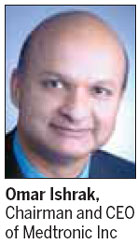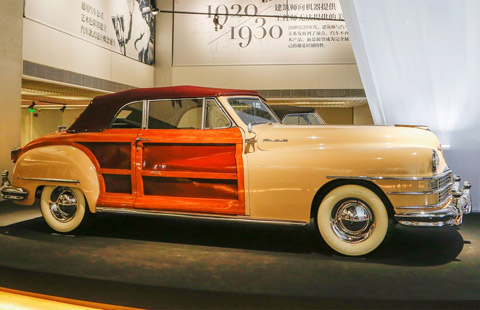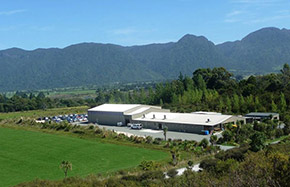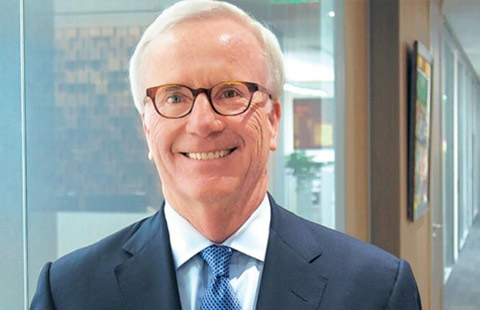Making medical technology more accessible
Ishrak said the primary M&A focus in China is to get low-cost access customizing for the unique needs of Chinese patients. "Secondarily, we think they (M&As) can be used as an export base out of China into other emerging markets," he added.

A sharpened focus on globalization is something new that Ishrak brought to Medtronic as its new chief nearly two years ago.
"I think globalization is not an option. It's a must (for Medtronic)," he repeated several times. "It doesn't matter whether you know us. It doesn't matter how uncomfortable it would be in a different environment. It doesn't matter what risks you might have to take."
Medtronic invented the pacemaker for people with heart problems. Its business now has been expanded in cardiology, diabetes and therapies, which include orthopedics, neurology as well as other surgical tools.
Unlike the strategies of other medical device providers in emerging markets - such as the development of cheaper products - the initial focus of Medtronic's globalization is to provide its current therapies to people who can already afford them. The company estimates the strategy is worth $5 billion a year in opportunities.
According to Ishrak, about 20 percent of the population can afford Medtronic's technologies today and, of that 20 percent, only 8 percent are actually benefiting from them.
"We'll drive that business by also investing not just in technology but in investing and creating patient-awareness, in referring physician-awareness, in physician training. And we think we will get an immediate payback," said the company leader.
At the same time, Medtronic plans to lower the price of its products so that it can address the other 80 percent of the population who currently cannot afford the technologies. It needs time, because of the need for research and development, and money, which can be obtained from the profits obtained through its current therapies.
Medtronic's globalization is closely linked with the generation of economic value, with medical cost-cutting at the top of the agenda for all economies around the world. Economic value means in addition to improved clinical value and better patient care, the therapies adopted will help reduce the overall costs of healthcare. That development requires new technologies and solutions.
China is a very important market for all medical equipment providers, including Medtronic. China's healthcare expenditure reached $330 billion in 2011 and is expected to exceed $1 trillion by 2020, making the nation the world's second-largest healthcare market, according to a report conducted by the Chinese Academy of Social Sciences. The annual growth rate of China's medical equipment industry is forecast to be more than 20 percent in the coming five to 10 years, said the Ministry of Industry and Information.
Demand for new technology and the huge potential of the market have attracted a series of international medical device providers to set up R&D facilities in China, a move to further cater to local needs.
Medtronic opened an innovation center in Shanghai last September, enabling the company to hire local engineers as well as bringing them in from other countries to bring technology to China. The facility will create products geared primarily to the Chinese market as well as other emerging markets in the future.
















